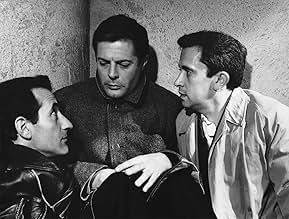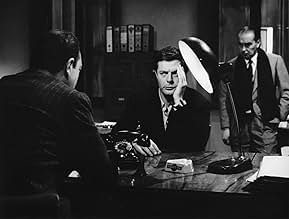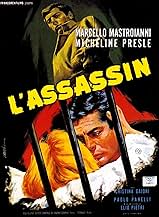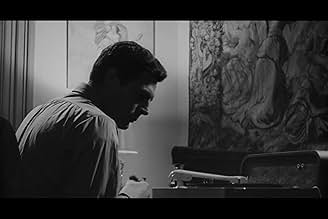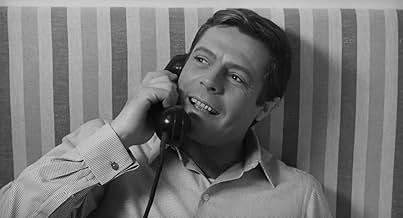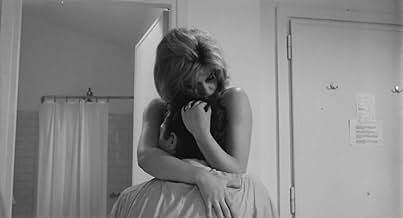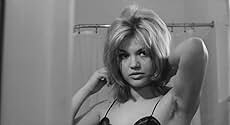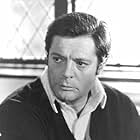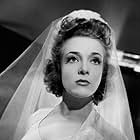Alfredo Martelli is picked up by the police at his apartment without justification. In the precinct, he slowly discovers what the investigation is about as we discover details about his life... Read allAlfredo Martelli is picked up by the police at his apartment without justification. In the precinct, he slowly discovers what the investigation is about as we discover details about his life.Alfredo Martelli is picked up by the police at his apartment without justification. In the precinct, he slowly discovers what the investigation is about as we discover details about his life.

